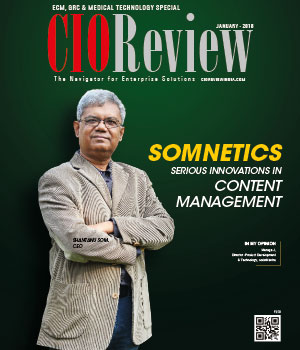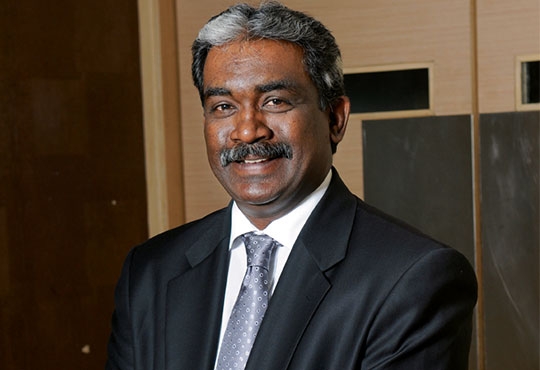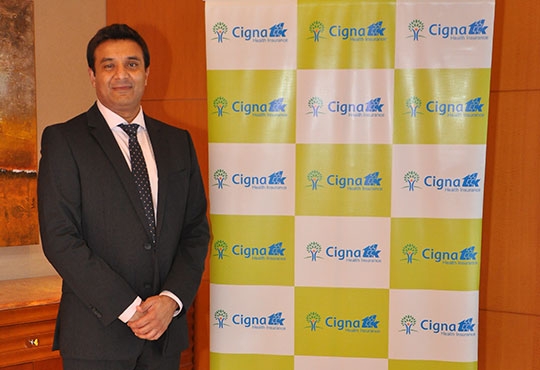
Role of Project Manager and Evolution of Project Management
Suresh .V. Menon, IASSC Certified Black Belt | Wednesday, 12 July 2017, 05:15 IST
 The Project Manager is responsible for coordinating and integrating activities across multiple functional lines. The integration activities performed by the project manager include:
The Project Manager is responsible for coordinating and integrating activities across multiple functional lines. The integration activities performed by the project manager include:
· Integrating the activities necessary to develop the project plan
· Integrating the activities necessary to execute the plan
· Integrating the activities necessary to make changes to the plan
In the project environment, everything seems to revolve about the project manager ; although the project organization is a specialized task oriented entity, it cannot exist apart from the traditional structure of the organization. The Project manager therefore must walk the fence between two organizations. The term interface management is often used for this role which can be described as managing relationships:
· Within the project team
· Between the project team and the functional organization
· Between the project team and the senior management
· Between the project team and the customer’s organization whether an internal or external organization.
To be effective as project manager an individual must have management as well as technical skills and becoming a manager entails learning about psychology, human behavior, organization behavior, interpersonal skills and communications.
Evolution of Project Management
During the 1940’s, line managers used the concept of over the fence management to manage projects. Each line manager wearing the hat of the project manager would perform the work necessitated by their line organization and when completed would throw the “ball” over the fence hoping that someone would catch it.
Project Management: 1960-1985
The growth of project management has come about more through the necessity than through desire. Its slow growth can be attributed mainly to lack of acceptance of the new management techniques necessary for its successful implementation. Between the middle and late 1960’s more executives began searching for new management techniques and organizational structures that could quickly be adapted to a changing environment.
1991-1992: Executives realize that project management works best if decision making and authority are decentralized but recognize that control can still be achieved at the top by functioning as project sponsors.
2000: Mergers and acquisitions create more multinational companies and multinational project management becomes a major challenge.
2001: Corporations are under pressure to achieve maturity as quickly as possible project management maturity models help companies to reach this goal.
2008: As it was the onset of economic recession, Companies recognize the value of capturing best practices in project management and creating a best practice library or knowledge repository
2009: Project management methodologies will include more business process to support project management.
As project management continues to grow and mature it will have more allies and worldwide standards for project management will be established.
CIO Viewpoint
Enterprise Content Management in Digital Age
By Ajay Kumar Jha, Head, Device Technology at MTS - Sistema Shyam Teleservices Ltd
Codes to Lay Down an Efficient ECM Strategy
By Muruga J, Director, Product Development & Technology, codeMantra
Omnichannel is Not Just a Buzzword- Customers...
By Sunil Nair, VP-Technology, Max Hypermarket
CXO Insights
Role of Project Manager and Evolution of...
By Suresh .V. Menon, IASSC Certified Black Belt
Enterprise Storage: Turning Data into Intelligence







